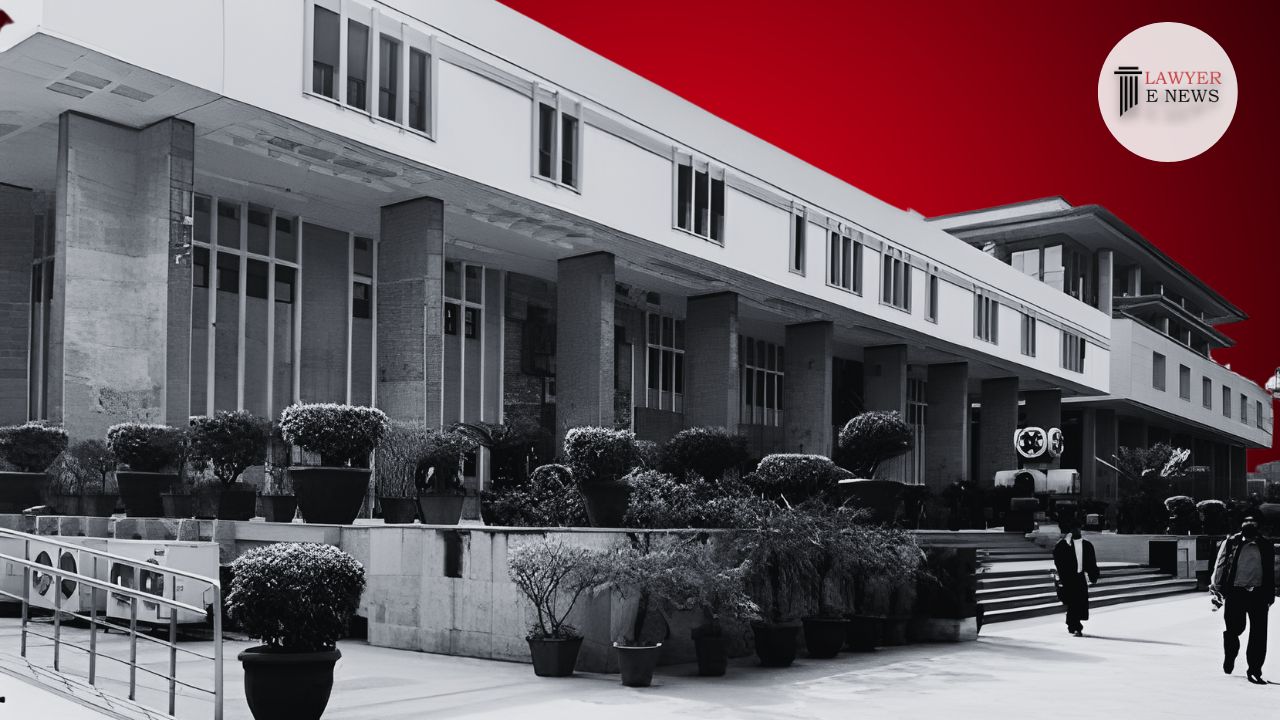-
by Admin
15 February 2026 2:16 AM



In a significant ruling, the Delhi High Court has overturned the Income Tax Appellate Tribunal's (ITAT) decision, clarifying the interpretation of the 'make available' clause under the India-UK Double Taxation Avoidance Agreement (DTAA). The court held that IMG's services to the Board of Control for Cricket in India (BCCI) did not qualify as Fees for Technical Services (FTS) under Article 13 of the DTAA, as they did not 'make available' any technical knowledge, experience, skill, or know-how to the BCCI.
The case revolved around the taxation of payments made by BCCI to IMG, a UK-based company, for consultancy and management services related to the Indian Premier League (IPL). The ITAT had previously ruled that these payments were taxable as FTS under the DTAA, as they believed the services enabled BCCI to utilize IMG's expertise independently in the future. IMG contested this, arguing that their services did not 'make available' any technical knowledge that BCCI could independently apply after the termination of their contract.
The High Court emphasized the necessity of a strict interpretation of the 'make available' clause. It clarified that for services to be deemed as 'made available', the recipient must be able to apply the technical knowledge or skill independently in the future without further assistance from the service provider. The court stated, "The mere utilisation of technical services in aid of business does not meet the 'make available' test under Article 13 of the DTAA".
The court distinguished between the provision of services and the transfer of technical knowledge. It observed, "The advice and consultancy services rendered by IMG did not enable BCCI to 'absorb and apply' the information and advice independently". The court highlighted that the advisory services provided were specific to each IPL season and required continuous engagement from IMG, indicating that no enduring knowledge was transferred to BCCI.
The High Court found that the ITAT had erred in its judgment by failing to acknowledge the fundamental distinction between the mere utilisation of a service and the transfer of technical knowledge. It noted, "The Tribunal's conclusion that IMG's services made technical knowledge available to BCCI is not supported by the evidence on record or the contractual terms between the parties".
The court's reasoning centered on the precise meaning of 'make available' within the DTAA context. It reiterated that the essence of this clause is the enduring ability of the service recipient to apply the provided knowledge or skills independently. The court underscored that the services in question must result in the recipient's empowerment to use the technical knowledge without further dependence on the service provider.
Justice [Name] stated, "The mere provision of advisory services does not equate to making available technical knowledge, which must be capable of being independently utilized by the recipient post the service period".
The Delhi High Court's ruling provides crucial clarity on the interpretation of the 'make available' clause in the DTAA, setting a significant precedent for similar cases in the future. By distinguishing between service provision and the transfer of technical knowledge, the court has underscored the importance of precise contractual terms and evidence in determining tax liabilities under international agreements. This judgment is expected to have a substantial impact on how cross-border consultancy and technical services are taxed, offering clearer guidelines for multinational entities and tax authorities alike.
Date of Decision: July 3, 2024
Board of Control for Cricket in India vs. Income Tax Appellate Tribunal
